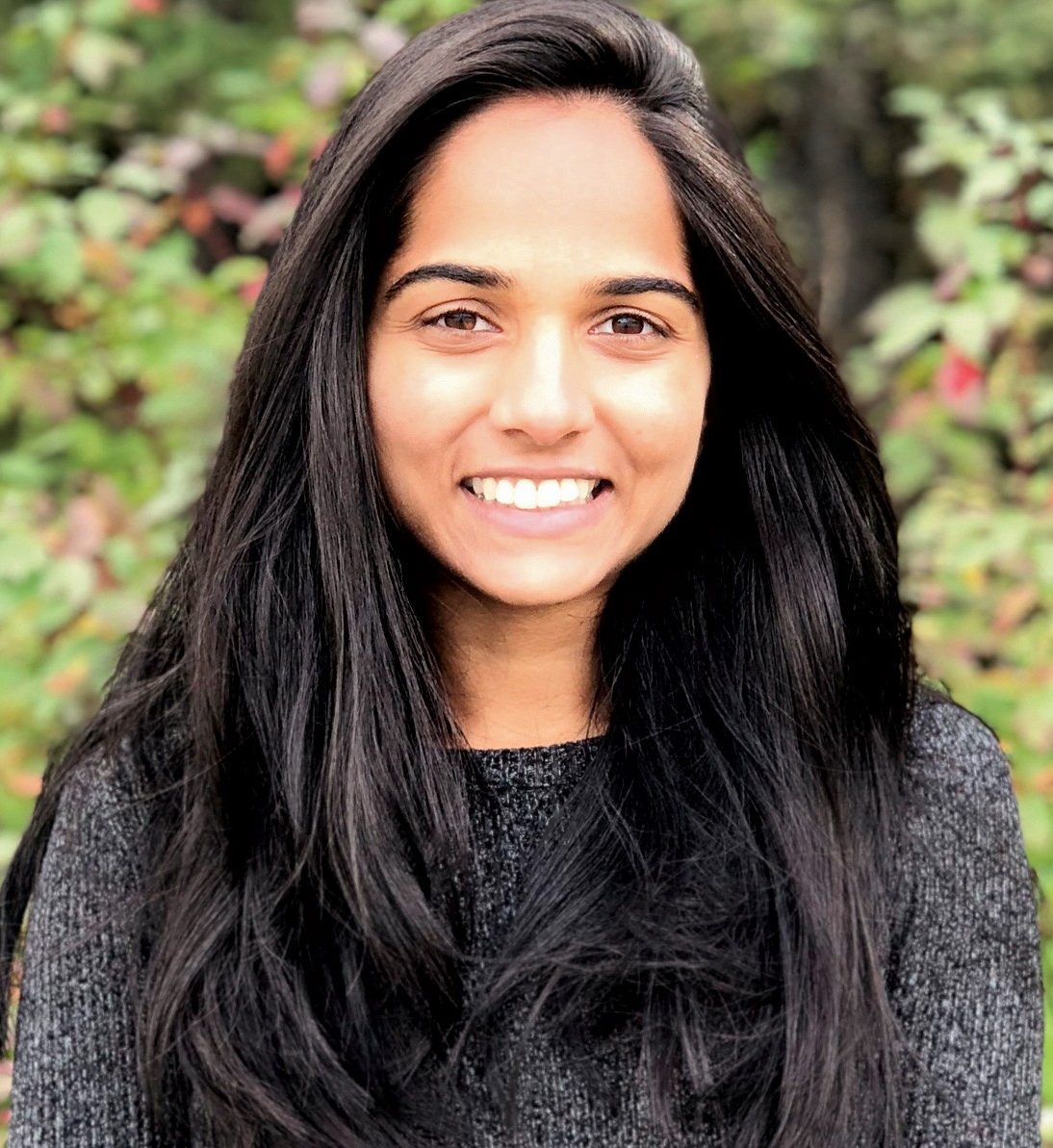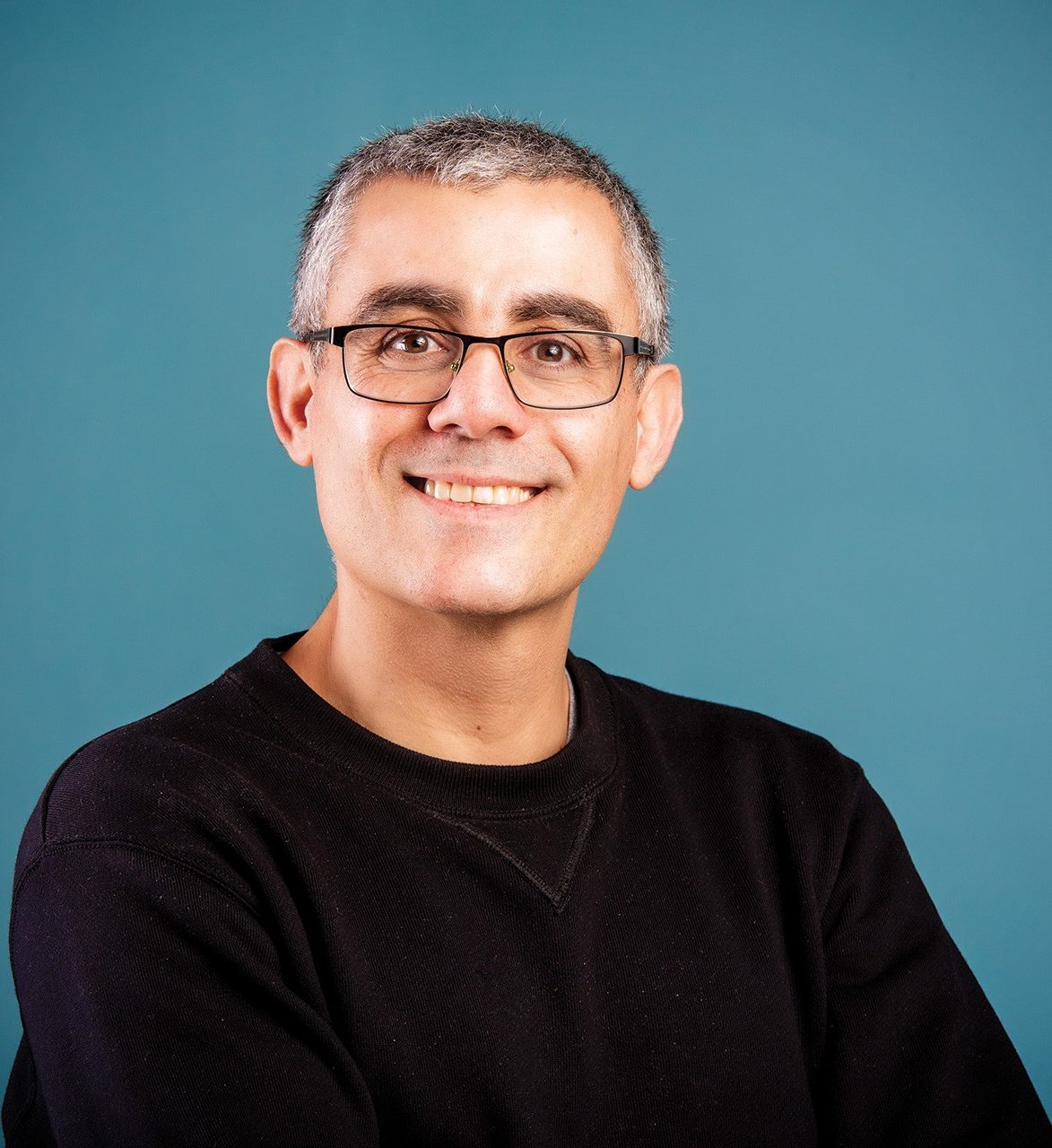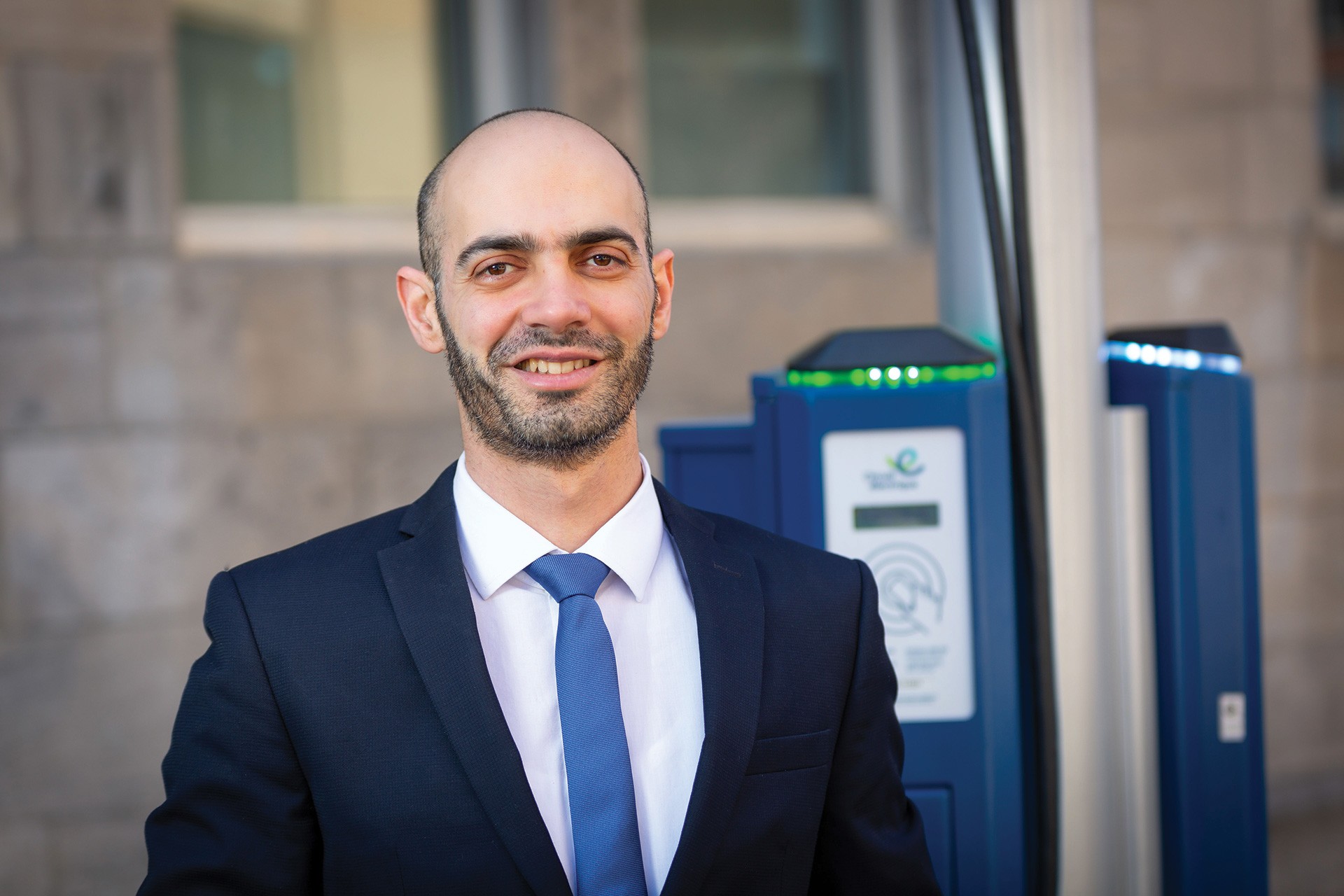NEXT-GEN
DISCOVERY
Uncovering valuable insight
2022 HIGHLIGHTS
2 Concordians awarded nearly $5M for social sciences and humanities research
The Social Sciences and Humanities Research Council of Canada (SSHRC) awarded two Faculty of Arts and Science professors SSHRC Partnership Grants each worth approximately $2.5 million over seven years.
Erica Lehrer, professor of history, is a sociocultural anthropologist as well as curator and founding director of the Curating and Public Scholarship Lab. She is the principal investigator for the project Thinking Through the Museum: A Partnership Approach to Curating Difficult Knowledge in Public, which brings together academics, museum practitioners and community representatives to investigate and creatively respond to growing concerns such as the lack of diversity in museum staff and governance.
Kim Sawchuk is professor of communication studies. Her project, Ageing + Communication + Technologies (ACT): Experiencing a Digital World in Later Life, investigates the transformation of experiences of aging with the proliferation of new forms of mediated communications in networked societies. Her new grant, Aging in Data, will research the intersections of age studies, communications/media studies and critical data studies.

Twinkal Patel
Researchers develop self-healing polymers for cracked cellphone screens
Two Concordia researchers from the Oh Research Group in the Faculty of Arts and Science are looking at ways to “self-heal” cellphones, and their research could have broader implications as well.
“One of the major difficulties in these types of projects is to maintain a balance between the mechanical and self-healing properties,” explains PhD candidate Twinkal Patel, BSc 17, first author on the paper published in ACS Nano. “We focus on achieving complete healing of scratches at just room temperature. This feature sets our research apart from others,” Patel says. Pothana Gandhi Nellepalli, Horizon postdoctoral fellow, is the paper’s other co-author.
Picking up a book for fun positively affects verbal abilities
A study published in the journal Reading and Writing, co-authored by Sandra Martin-Chang, professor of education, and PhD student Stephanie Kozak showed that the more people read any kind of fiction the better their language skills are likely to be.
They found that people who enjoyed reading fiction for leisure and identified as a reader scored higher on language tests than those who read to access specific information. “I liken it to research that says chocolate is good for you: the guilty pleasure of reading fiction is associated with positive cognitive benefits and verbal outcomes,” Martin-Chang says.
Researcher earns double recognition for her cancer prediction and diagnosis efforts
Parnian Afshar, a PhD student at the Concordia Institute for Information Systems Engineering, works in the emerging medical-imaging field known as radiomics.
Radiomics uses deep-learning techniques to extract features from medical images that are otherwise not visible, enabling doctors to diagnose tumours earlier. Afshar is looking to increase the accuracy and prediction of cancer detection. “My research involves exploring and developing machine learning and deep-learning techniques for the crucial application of medical imaging,” she says.
Afshar won a $10,000 Borealis AI Global Fellowship for her innovative work and a Prix Relève étoile Louis Berlinguet for her paper published in Scientific Reports.
Undergrad develops app to ease the anxiety of living with MS
A few years ago, Donya Meshgin, an undergraduate in the Real-time, Embedded and Avionics Software program in the Gina Cody School of Engineering and Computer Science, witnessed a close friend temporarily lose sight in one eye due to Multiple Sclerosis. “I saw firsthand how difficult it was for her to maintain her plan prescribed by her doctor,” she says.
Those struggles inspired Meshgin’s research, published in the journal Computer Methods in Biomechanics and Biomedical Engineering: Imaging & Visualization. She developed an app, MSease, which aims to “help reduce patients’ injection anxiety and perceived pain during the administration of their medication.”
Professor lands unique co-chair in AI and health
Thanks to a research grant of $1.5 million over three years from the Fonds de recherche du Québec – Santé, Simon Bacon, professor of health, kinesiology and applied physiology, is now one of two research chairs in the field of AI in health. The co-chairs will combine their expertise to use AI techniques for automatic expression recognition to identify and measure ambivalence in health.
Bacon is also the Canadian Institutes of Health Research Strategy for Patient-Oriented Research Mentorship Chair in Innovative, Patient-Oriented, Behavioural Clinical Trials and co-director of the Montreal Behavioural Medicine Centre.

Chadi Assi
CFI funds Concordia-led research developing resilient smart cities
With the support of the Canada Foundation for Innovation (CFI), Chadi Assi, professor with the Concordia Institute for Information Systems Engineering and Concordia University Research Chair in Advanced Internet Technologies (Tier 1), is helping to rethink Quebec’s electrical grid to accommodate the growing popularity of electric vehicles while making sure it is secure and scalable.
Assi’s project, Toward Intelligent and Resilient Smart Cities with Energy-Vehicle-Human Interactions, has attracted $1.8 million in total funding. “We will build a safe, secure and resilient network that will allow Internet of Things– connected smart cities to thrive and grow,” he says.
Charging thousands of electric vehicles simultaneously will challenge cities
Market demand is steadily rising for electric vehicles (EVs). In a paper published in World Electric Vehicle Journal, electrical and computer engineering postdoctoral fellow Claude El-Bayeh and his colleagues looked at current and future EV charging and discharging strategies, keeping in mind variables including economics, the effects on power grids and complexity.
“If you have a million electric cars and they all start charging at the same time, it will create a lot of problems for the network and perhaps cause a blackout,” El-Bayeh explains. “That is why we need to develop algorithms to balance the network constraints and the needs of the EV owner.”
 Claude El-Bayeh
Claude El-Bayeh
Prof heads transnational group promoting gender equality in West Africa
As Concordia continues to develop its international partnerships, the university will collaborate with West African academics on a Queen Elizabeth Scholars project for the promotion of SDG 5 – Gender Equality.
“We want this to be a truly non-colonial, dynamic partnership between Concordia and West African universities,” says Océane Jasor, assistant professor of sociology and anthropology, who will be heading the project. “Ultimately, we hope to strengthen African studies at Concordia and establish a long-term collaboration with West Africa that goes beyond the three-year time frame.”
Researchers develop new way to find cancer at the nanometre scale
In a Concordia-led paper published in the journal Biosensors and Bioelectronics, researchers described a new liquid biopsy method using lab-on-a-chip technology that they believe can detect cancer before a tumour is even formed. The paper’s senior author is Muthukumaran Packirisamy, professor of mechanical, industrial and aerospace engineering and director of Concordia’s Optical Bio-Microsystems Laboratory.
Using magnetic particles coated in a specially designed bonding agent, the liquid biopsy chip attracts and captures particles containing cancer-causing biomarkers. A close anal- ysis can identify the type of cancer they are carrying, which can significantly improve cancer diagnosis and treatment.